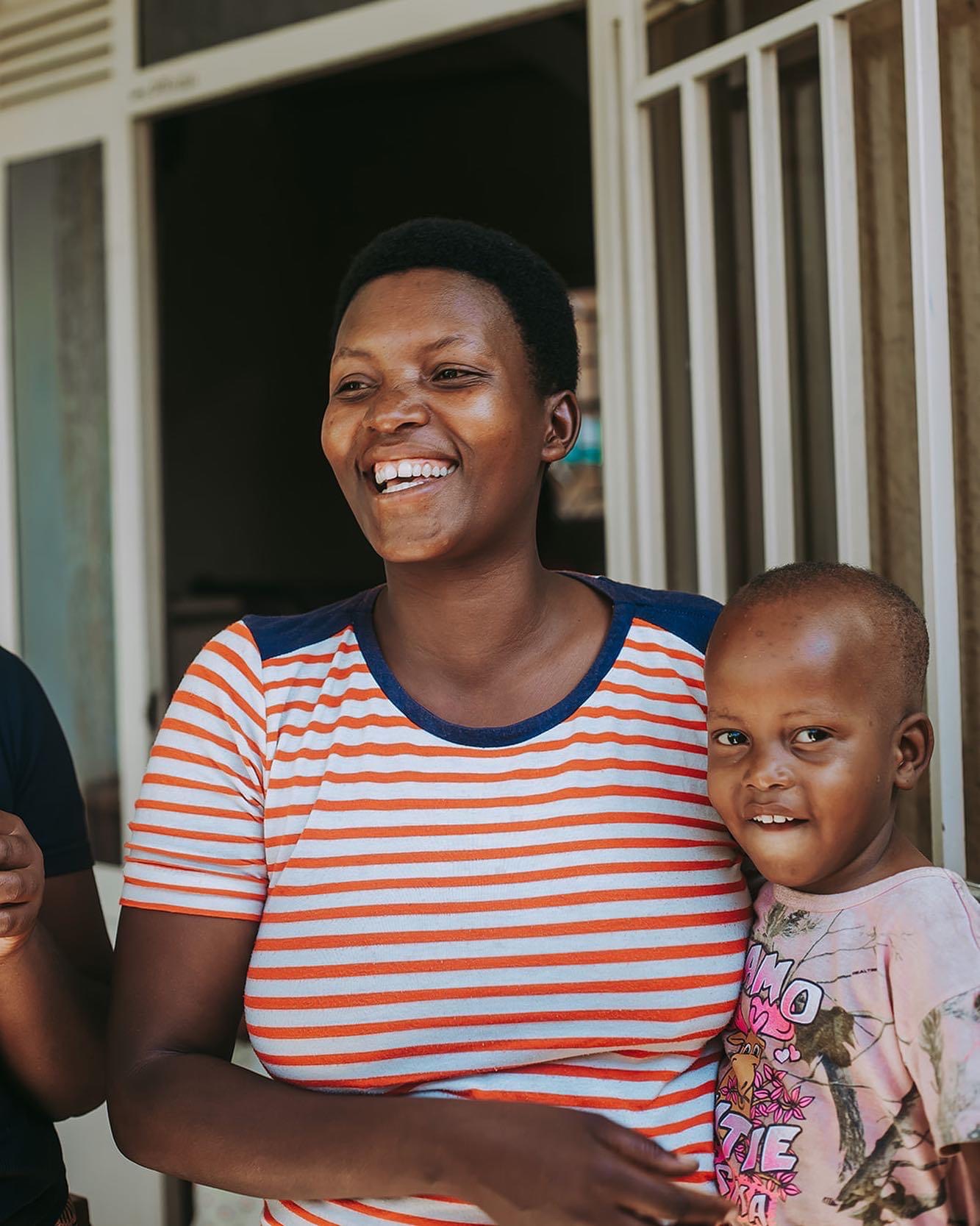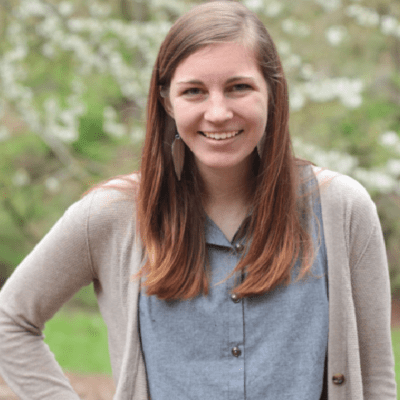Making Room
As we navigate community with those on the margins, we experience all of the complexities of life–the highs and lows, joy and grief. Our community in Kigali recently walked through grief and hardship together as we held a memorial service at our ministry center for a member of one of our savings groups who passed away.
Laurance was only 35 years old, with three young children she was caring for on her own. Her death was sudden and unexpected, and hit our community pretty hard. Her family was planning a funeral for her at their home in a village in the far southwestern corner of the country–much too far for any of us to join–so we decided to hold a small memorial service to give our community the space to pause and remember our friend.
The service we held was simple. Nearly every person in attendance contributed in some way. Women from each of our savings groups came. Laurance’s father and younger brother live nearby in Kigali, so we invited them to join us as we honored and remembered their daughter and sister.

We sat in a circle in our garden and sang a couple of Kinyarwanda hymns. A few women shared passages of Scripture, one woman said a prayer. I presented a photograph of Laurance with her savings group that we had framed so we could hang it in the ministry center. We moved inside to get away from the breeze and lit candles while several women shared memories of their friendship with Laurance, her character, her role in our community.
As we stood there with our candles, dressed in our everyday clothes, simply holding space for our friend, I felt the depth of the moment. It seemed to me that the simplicity of the service allowed greater space for love. We didn’t camouflage our grief or dress it up, we simply held it there together. This felt like a perfect example of our community: we may not look like much at first glance, but our simplicity makes room for richer and deeper experience of love and togetherness.
For a long time in my personal life, I obsessed over creating a life of simplicity. By putting pressure on myself to practice simplicity with perfection I ended up making simplicity incredibly complicated. I also made simplicity entirely about the things I had, rather than a posture of my heart. My journey with the practice of simplicity has been learning to let go of hard and fast rules that I put on myself, and lean into the intention.
I have been rereading Richard Foster’s Freedom of Simplicity and have been reminded that simplicity is supposed to be freeing, not constraining or complicated. Foster acknowledges that a life of simplicity is full of paradoxes, including that it is both a grace and a discipline. Foster says,
“We fool ourselves if we think that such a sacramental way of living is automatic. This kind of living in communion does not just fall on our heads. We must desire it and seek it out. Like the deer that pants for the flowing stream, so we thirst for the living spring. We must order our lives in particular ways if we hope to quench that thirst. We must take up a conscious chosen course of action that will draw us more deeply into perpetual communion with the Father.”
Our disciplined action does not give us simplicity, but rather puts us in a place where we can receive it. As we strip away the hurry and fluff of life, we make room for Christ.
As a person who can get swept up in busy-ness and hurry, I am incredibly grateful to be part of a global community that is committed to intentional simplicity, and a local community that shows me on a daily basis the inherent good that can happen when I carve out the extra stuff and make room for connection with others and connection with the Father.

ABOUT SHELBYE:
Shelbye has served as the field director for Word Made Flesh Rwanda since its founding in 2015. She has a degree in International Studies from George Fox University, and a Masters in Global Development & Justice from Multnomah University.
CONNECT WITH SHELBYE: shelbye.renfro@wordmadeflesh.org
